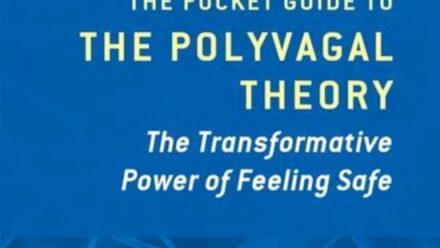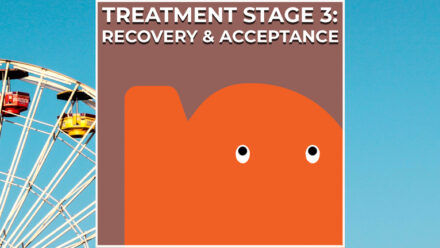
In this second part (first part here) of the exchange of letters Jim responds to May-May’s question regarding her openness about the susceptibility to psychosis and manic episodes to the world outside. He says: “You have empowered yourself by finding the words with which you can talk about your vulnerability.”
Hi May-May!
What do I think? When I read this I think: Wow, I think it shows a remarkable way to develop resilience and even to learn from your vulnerability. And I realise that a lot of hard work has gone into what you say. And most importantly, it is something we can all learn a lot from.
Here I will try to explain why.
From what you write it appears you found the essence
From a kind of necessity that was a result of you experiencing psychosis and manic episodes – and everything that came with it. You make it clear that actually, everything about psychosis raises questions there are no obvious answers to. We don’t know what psychosis is and hide behind pseudo-scientific terms like ‘schizo-affective’. We don’t know the exact answers regarding the use of medication – how they work for example, or what the long term side effects can be.
In mental health care we are constantly struggling with the question of how we can offer care in a human way.
But you have literally made a way through this. You have empowered yourself by finding the words with which you can talk about your vulnerability – a ‘susceptibility to psychosis and manic episodes’. How brilliantly formulated – and scientifically correct as well. Plain and simple – and inclusive. And you have decided to be open about this and to tell other people your story. You are setting the right example in the sense of daring to appear vulnerable and are able to recognise which phase you’re in and how to handle it.
The work you have done is even more remarkable because it becomes painfully clear that us mental health workers don’t always give people the best support. By constantly wanting to use ‘schizo’ terminology, that has an alienating and stigmatising effect, and pretending that we can treat people by following professional guidelines and protocols based on outcomes, we don’t make it easy for people to be open, or learn how to tell their story.
But still you wanted to open yourself up to the person behind the sometimes shielded therapist
And wanted to discover that there might be empathy hiding behind that professional shield. In that willingness to look at that therapist-person in wonder and to work with them constructively lies forgiveness, a kind of moral authority in a situation that often can be experienced as incredibly unequal. Hats off to you May-May. The most remarkable thing about your description is your ability to put everything in a higher, spiritual perspective.
Your life serves a higher purpose and you feel connected to a spiritual guide
Could the learning process you’ve described in connection with the experience of psychosis have something to do with this? Is this the way in which sensitivity can contribute to power? How things like these are created is very important in my opinion – our learning objective so to speak.
So we read your blog attentively and try to use it to our advantage May-May.
Jim





Comments: